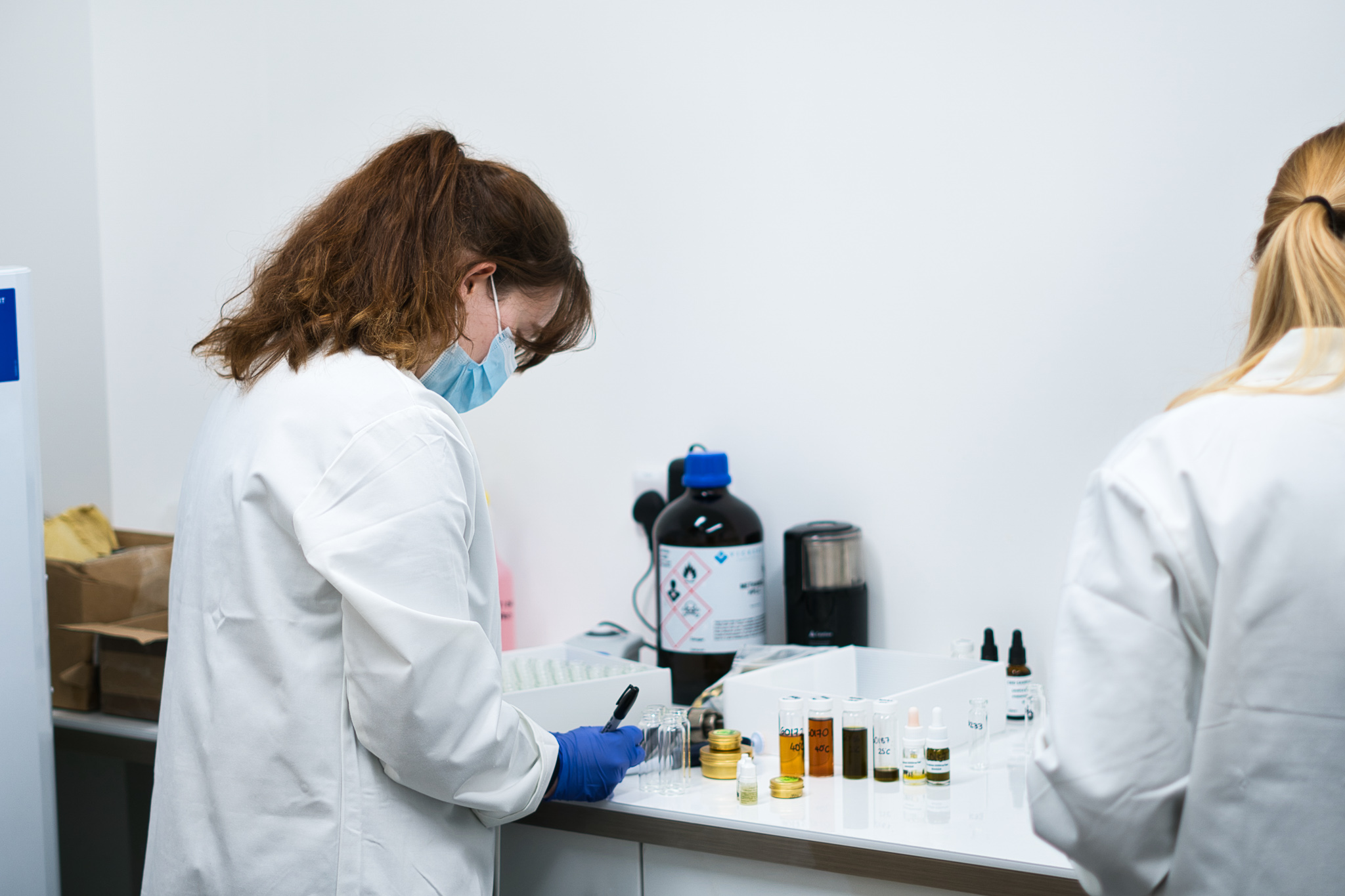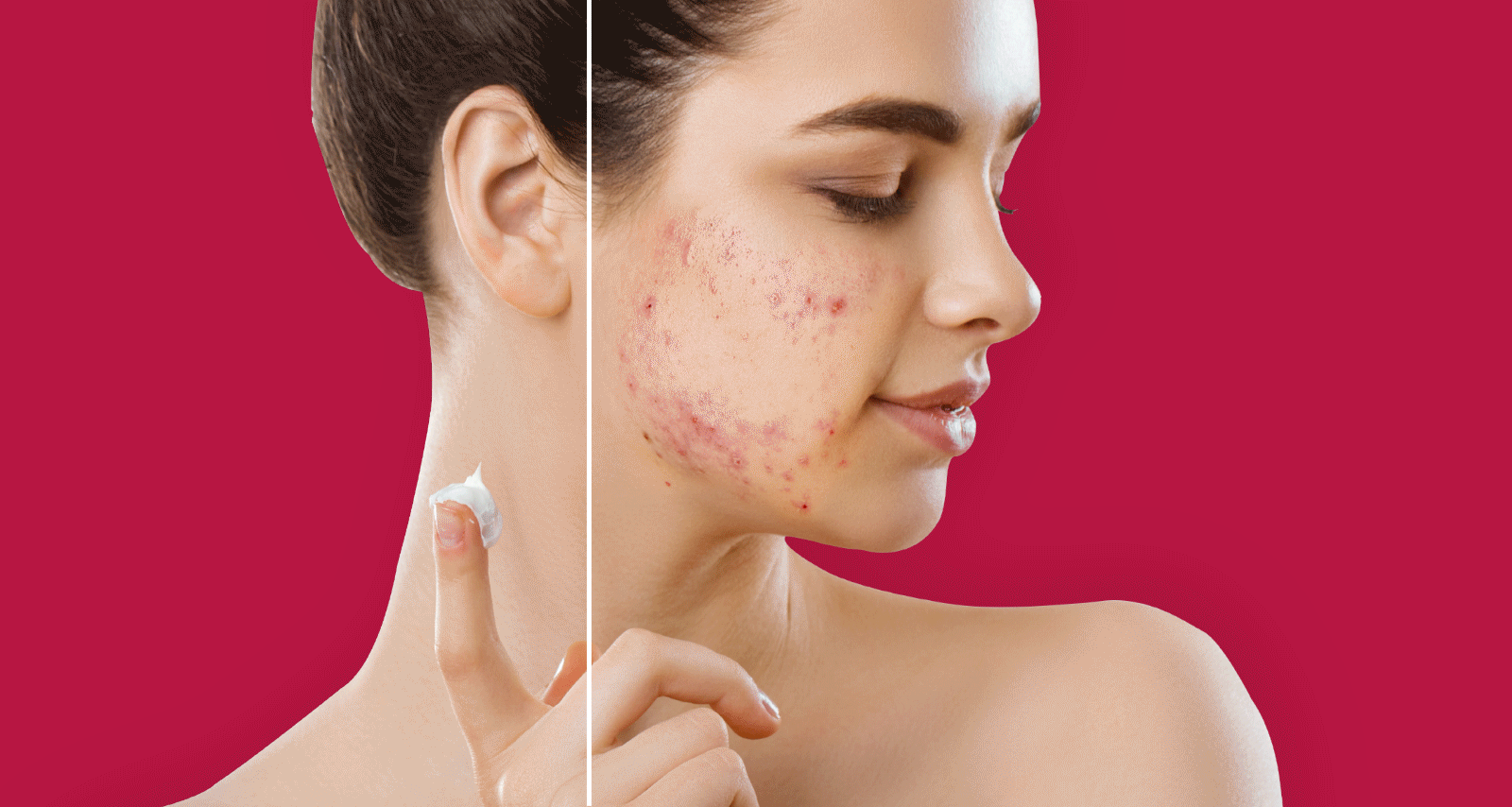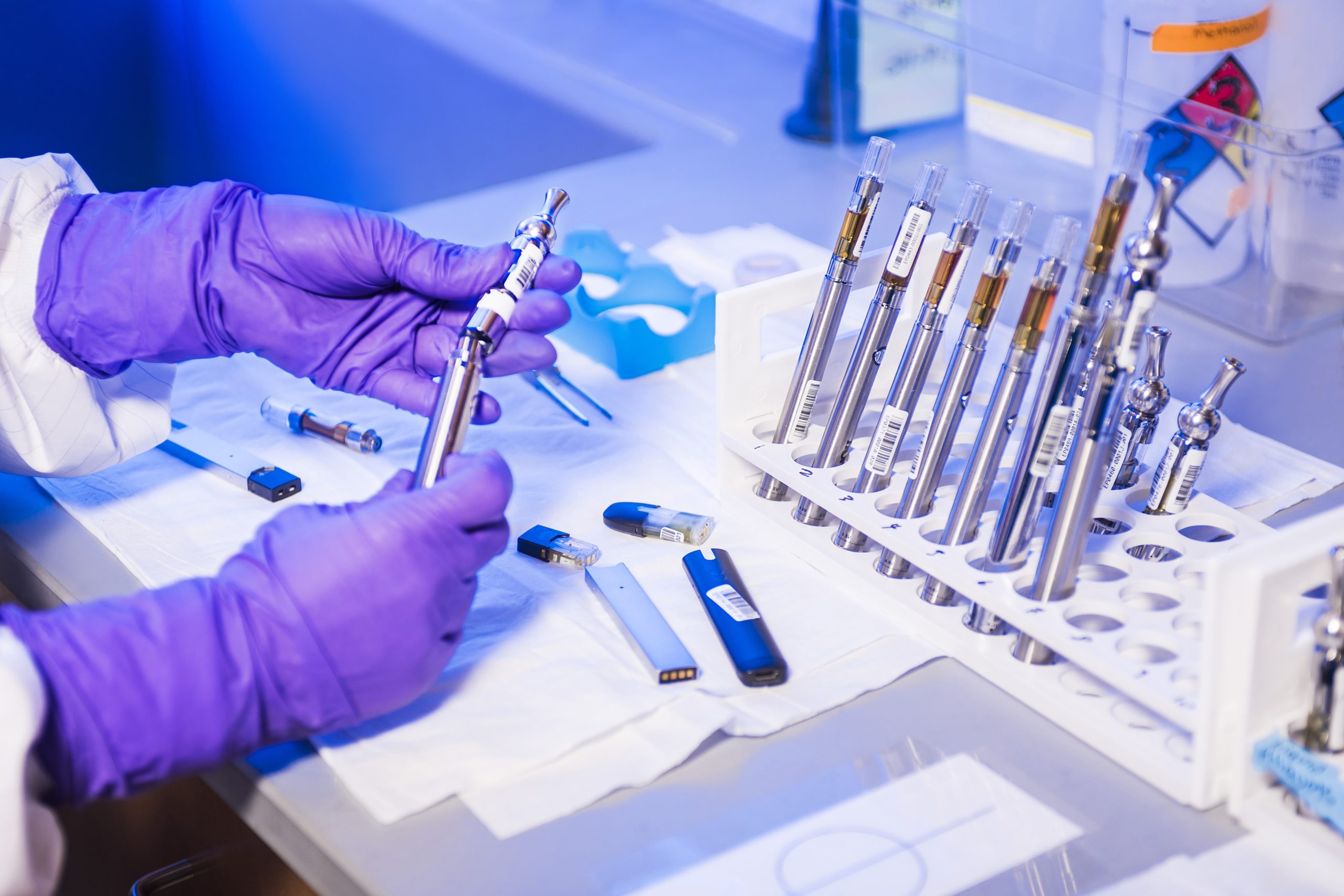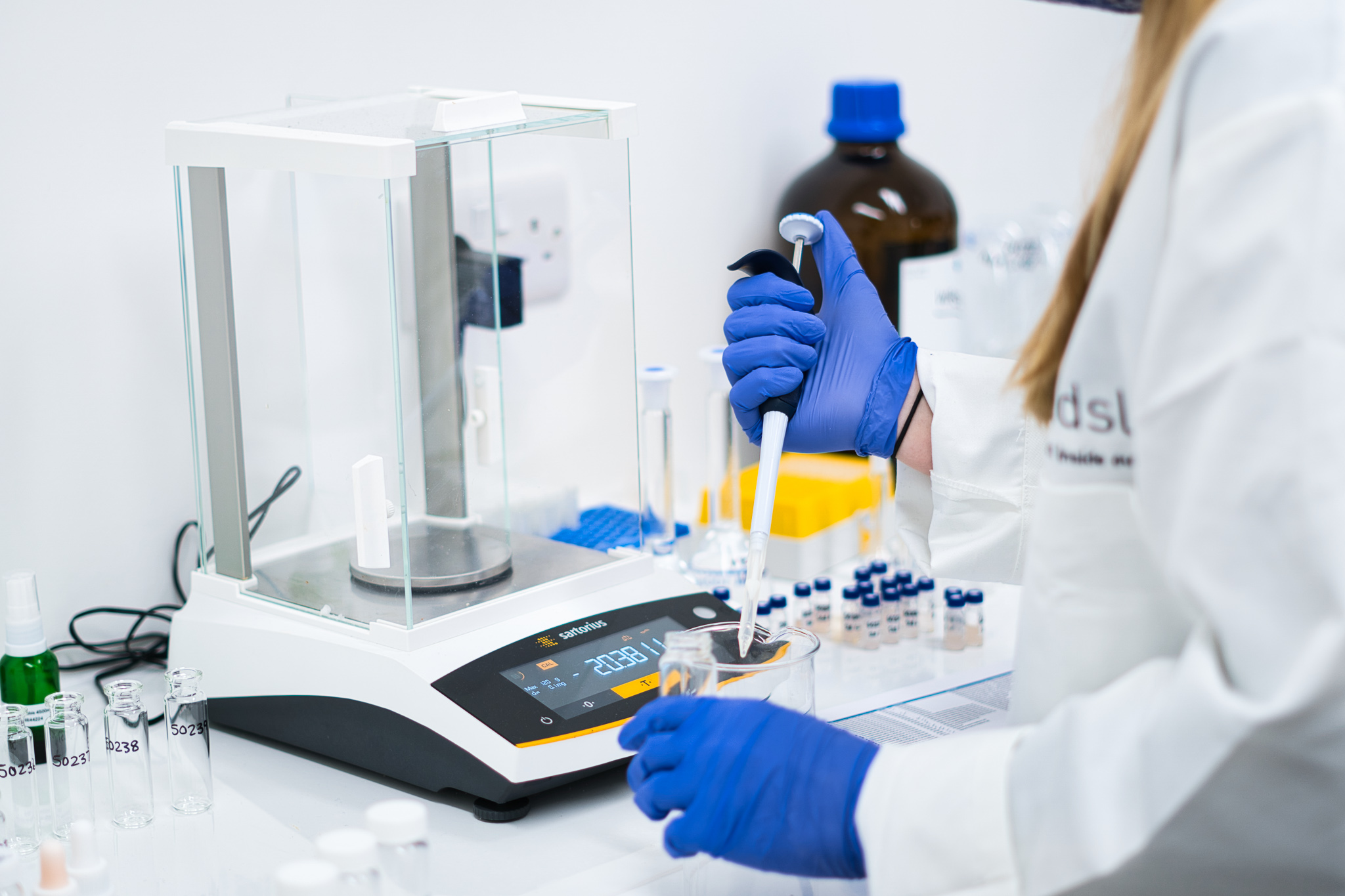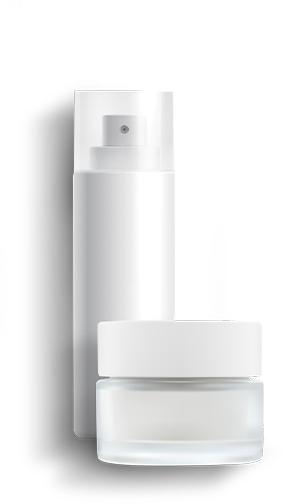Non-Comedogenic Studies refer to scientific investigations conducted to determine whether a product has the potential to clog pores and cause acne or other skin issues.
These studies typically involve testing various substances or formulations on human subjects to assess their comedogenicity, which is the ability to promote the formation of comedones, commonly known as blackheads or whiteheads.
The benefits of conducting Non-Comedogenic Studies for your product are as follows:
- Skin compatibility: By conducting non-comedogenic studies, you can evaluate the likelihood of your product causing pore blockages and subsequent skin problems. This information is valuable for individuals with acne-prone or sensitive skin, as it helps them make informed choices about the products they use.
- Credibility and trust: Non-comedogenic studies add credibility to your product claims. Consumers are becoming increasingly conscious about the ingredients in skincare and cosmetic products, and they often look for scientific evidence to support the claims made by brands. Conducting rigorous studies and being able to provide scientific data can enhance the trustworthiness of your product and brand.
- Marketing advantage: If your product is proven to be non-comedogenic through scientific studies, you can use this information in your marketing and promotional materials. Non-comedogenic claims are appealing to consumers who want to avoid acne breakouts or skin irritation. Highlighting the results of non-comedogenic studies can differentiate your product from competitors and attract potential customers seeking skin-friendly options.
- Targeting specific audiences: Certain customer segments, such as individuals with acne-prone skin or dermatological conditions, actively seek non-comedogenic products. By conducting non-comedogenic studies, you can specifically target these audiences and position your product as a suitable solution for their needs.
- Regulatory compliance: In some countries, claims related to non-comedogenicity may be subject to regulatory scrutiny. Conducting non-comedogenic studies can help ensure your product complies with relevant regulations, providing you with a legal advantage in the marketplace.
It is important to note that non-comedogenic studies should be conducted using appropriate methodologies, such as patch testing or human clinical trials, to obtain reliable results. Consulting with dermatologists or experts in the field can help you design and execute scientifically sound studies for assessing the comedogenic potential of your product.
Can we help you with Non-comedogenic studies?
If you would like to know more about the services ADSL provides or speak to our product testing and Clinical trials team please call +44 (0) 1803 520 048 or book a free video consultation with us using the Get Started link below.
